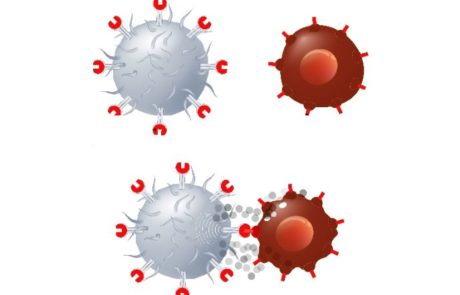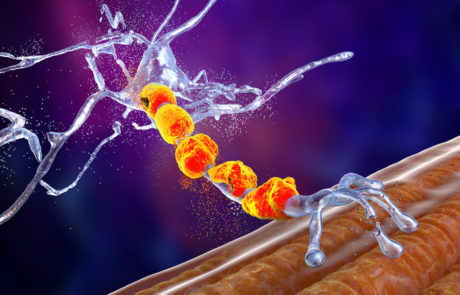
Non-human primates in the PKPD evaluation of biologics: Needs and options to reduce, refine and replace
By Menochet et al
This review highlights the value and limitations that non-human primate studies bring to the design of safe and efficient early clinical trials due to the strong specificity of monoclonal antibodies to the therapeutic target. Non-human primates are often the only preclinical species in which therapeutic antibodies cross-react with the target.

Addendum to S1B Testing for Carcinogenicity of Pharmaceuticals
By The FDA
The FDA provides updated guidance for industry as an addendum to ICH guideline S1A involving carcinogenicity testing of pharmaceuticals. The guidance discusses a ‘weight of evidence’ approach to assess the carcinogenic potential of pharmaceuticals in humans and clarification on high dose selection based criteria in certain mouse carcinogenicity studies.

Mission in-Komplete: KalVista axes angioedema program over raised enzyme levels
By James Waldron
Seven patients enrolled in the phase 2 KOMPLETE trial KVD824, a plasma kallikrein inhibitor, have reported elevated ALT and AST enzyme levels following FDA clinical hold.

CAR T-cells for colorectal cancer immunotherapy: Ready to go?
By Ghazi et al
This review summarises current knowledge, challenges, and perspectives of CAR T-cell therapy in colorectal cancer. Chimeric antigen receptor (CAR) T-cells represent a new genetically engineered cell-based immunotherapy tool against cancer, in particular haematological malignancies.

Sanofi Pauses Recruitment in All Phase 3 Trials of Tolebrutinib
By Vanda Pinto
Tolebrutinib is an oral treatment that works by blocking an enzyme called Bruton’s tyrosine kinase, or BTK, and reducing the abnormal activation of antibody-producing immune B-cells, which are known to be involved in autoimmune diseases such as Multiple Sclerosis. The global Phase 3 trial has been halted due to a number of cases of drug-induced liver injury.

Safety and Tolerability of Antibody-Drug Conjugates in Cancer
By Wolska-Washer et al
Antibody-drug conjugates are monoclonal antibodies attached to biologically active drugs through chemical linkers that deliver and release cytotoxic agents at the tumour site, reducing the likelihood of systemic exposure and therefore toxicity. This review provides an outline of the current status of the efficacy and safety of antibody-drug conjugates in malignant diseases.

Brain Shrinkage As A Side Effect
By Derek Lowe
Phase II trials of lecanemab , the latest anti-amyloid antibody being tested as a therapy for Alzheimer’s, showed a notable decrease in whole brain volume and ventricular volume increase (both in a dose-responsive manner) in the treatment group as compared to the controls.

Safety of MET Tyrosine Kinase Inhibitors in Patients With MET Exon 14 Skipping Non-small Cell Lung Cancer
By Cortot et al
Currently, four oral MET tyrosine kinase inhibitors (TKIs) are in use for the treatment of patients with METex14 skipping NSCLC and overall are tolerable treatment options for an older population for whom chemo- or immuno-therapy may not be an effective nor tolerable option.

Positive Results for Leo Pharma’s JAK inhibitor cream in chronic hand eczema trial
By Kevin Dunleavy
In the phase 3 DELTA 1 trial of 450 CHE patients, delgocitinib met its primary objective, showing significant improvement after 16 weeks. In the study, in which patients applied cream twice daily, all or most signs or symptoms were cleared early in the treatment period in a larger proportion of the subjects treated with delgocitinib than with a control medication. Secondary goals to reduce itch and pain also were met.

ICH M12 Drug Interaction Studies
By The FDA
The FDA has released new guidelines providing recommendations to promote a consistent approach in designing, conducting, and interpreting enzyme- or transporter-mediated in vitro and clinical drug-drug interaction (DDI) studies during the development of a therapeutic product.
